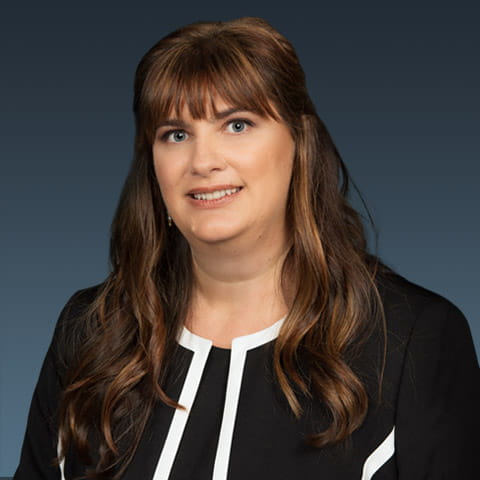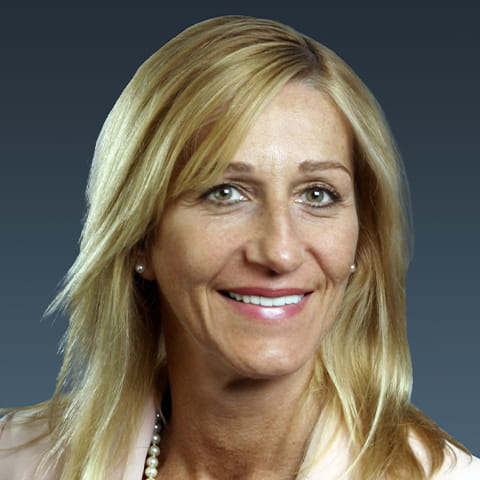Our solutions are tailored to each client’s strategic business drivers, technologies, corporate structure, and culture.
Bipartisan letter to the IRS requests further action on NIL guidance
Formalized guidance on the tax implications for name, image, and likeness (NIL) opportunities for college athletes has been requested from the IRS.
Following a general legal advice memorandum (GLAM) issued by the IRS addressing whether an organization developing paid name, image, and likeness (NIL) opportunities for college athletes furthers an exempt purpose under section 501(c)(3), Senators Ben Cardin (D) and John Thune (R) requested the IRS take further action to restrict tax-exempt status for NIL collectives making payments to college athletes.
This letter coincides with a proposed bill, the Athlete Opportunity and Taxpayer Integrity Act, introduced in the Senate in May 2023, that would prohibit individuals and organizations from obtaining a tax deduction for NIL contributions.
The bipartisan letter urges the IRS to take next steps to formalize guidance introduced in the GLAM which concludes that “an organization that develops paid NIL opportunities for student athletes should be denied tax exempt status as operating for the private interests of student athletes is not substantial to furthering an exempt purpose under Section 501(c)(3).”

What are NIL collectives?
NIL collectives are separate legal entities that are typically founded by prominent alumni and supporters of colleges and universities that provide opportunities for student athletes to be compensated for the use of their name, image, and likeness in marketing campaigns, product endorsements, social media posts, and more. NIL collectives emerged as a result of changing legislation concerning college athletes’ financial rights.
Although some NIL collectives have been formed as for-profit entities, a growing number have obtained 501(c)(3) public charity status from the IRS, potentially allowing donors to receive a charitable contribution deduction for donations made to the NIL collective.
However, controversy lies in whether compensating student athletes for their NIL serves a charitable purpose of the nonprofit collective. Using a student athlete’s NIL, many NIL collectives facilitate endorsement, merchandising, and marketing to promote their products and services. The commercial aspect of these types of arrangements that serve the private interests of student athletes could be construed as an activity that is an unrelated business. An organization is subject to the unrelated business income tax for an activity that is a trade or business that is regularly carried on and not substantially related to furthering the charitable mission of the collective. If the activity is considered a primary purpose of the organization, or is substantial in nature, the IRS could revoke the collective’s tax-exempt status.
The IRS has included NIL collectives as a focus area for examination in its fiscal year (FY) 2024 Tax Exempt and Government Entities (TE/GE) program letter.
What does CohnReznick think?
NIL collectives have become a hot topic on Capitol Hill. The purpose of these collectives is to support and protect college athletes as they seek out NIL opportunities. Many individuals and organizations are looking to take a charitable deduction for providing compensation to college athletes in exchange for rights to use their NIL.
Following the IRS’s announcement of adding examination of NIL collectives as a focus area in its fiscal year 2024 program letter list of priorities, now is the time for NIL collectives to look at their overall activities outside of paid NIL opportunities for college athletes and document how those activities further their exempt purpose.
CohnReznick will continue to monitor Congressional action as this will have a major impact on NIL collectives and college athletes alike. CohnReznick will also continue to provide thought leadership on how NIL collectives, and their related NIL products, may assist organizations with procuring additional revenue sources.
Contact
Let’s start a conversation about your company’s strategic goals and vision for the future.
Please fill all required fields*
Please verify your information and check to see if all require fields have been filled in.
Related services
This has been prepared for information purposes and general guidance only and does not constitute legal or professional advice. You should not act upon the information contained in this publication without obtaining specific professional advice. No representation or warranty (express or implied) is made as to the accuracy or completeness of the information contained in this publication, and CohnReznick, its partners, employees and agents accept no liability, and disclaim all responsibility, for the consequences of you or anyone else acting, or refraining to act, in reliance on the information contained in this publication or for any decision based on it.









.jpg?h=400&w=1380&hash=432B69C20B9B416C46077786BECADC71)





